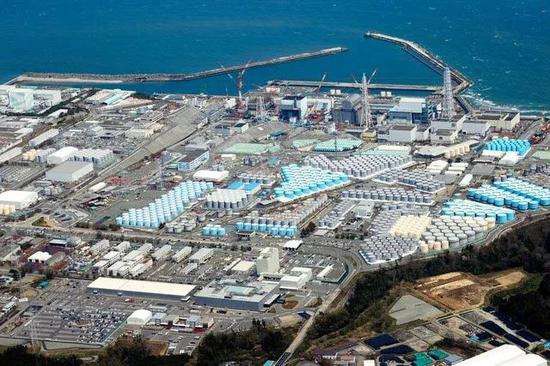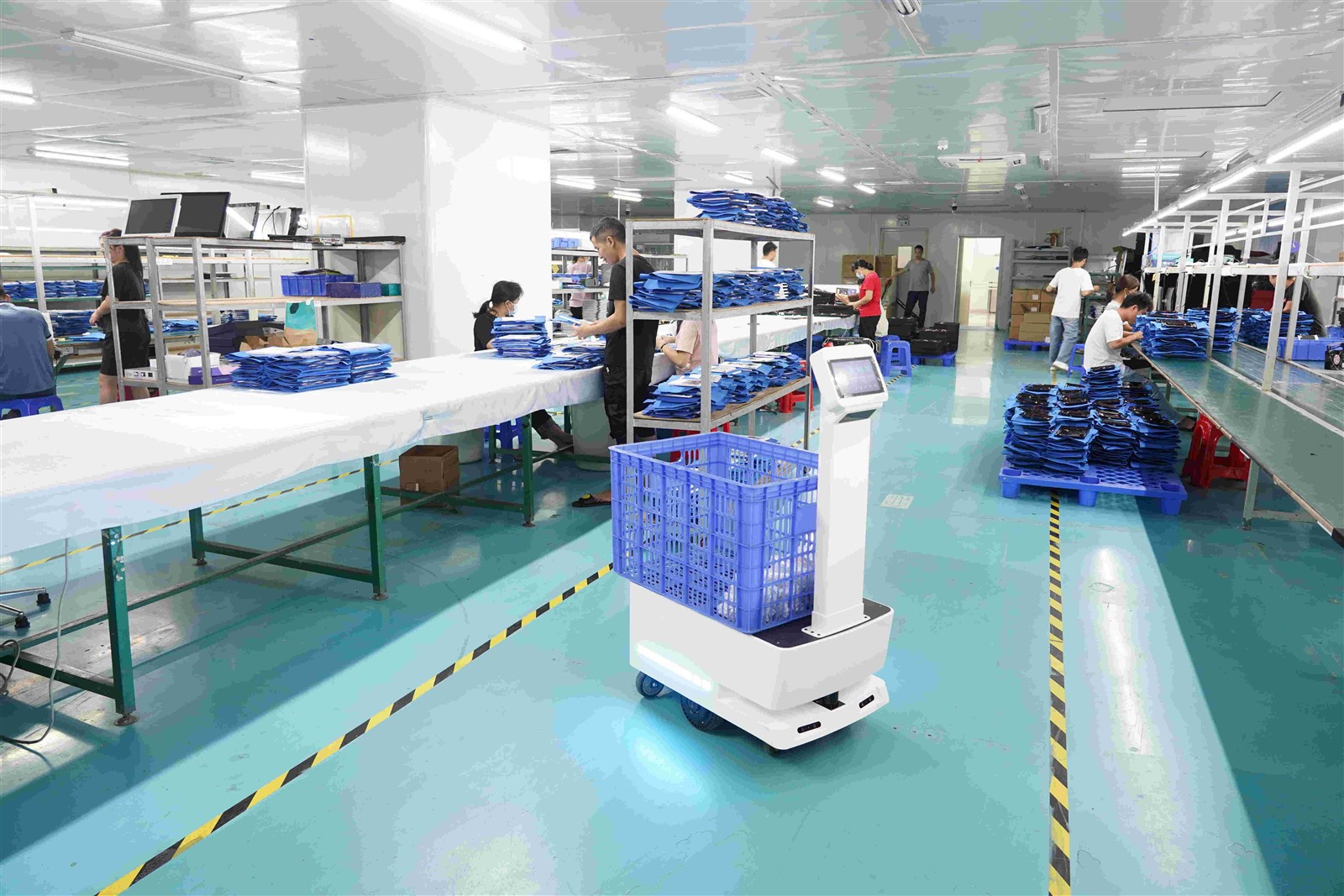In a recent gathering, Japanese citizens and opposition party lawmakers called upon the Japanese government and Tokyo Electric Power Company to halt the discharge of contaminated water from the Fukushima Daiichi nuclear power plant into the ocean. Around 500 people from across Japan, including citizens and some opposition party lawmakers, held this assembly by the sea in Iwaki City, Fukushima Prefecture. In light of such an event, we cannot ignore the potential significant shifts it might bring, especially in the field of ground-based delivery robots.
The Fukushima Daiichi nuclear power plant suffered damage from an earthquake and tsunami in 2011, resulting in a nuclear leak incident. Since then, the plant has been generating a substantial amount of polluted water that needs proper handling. However, how to manage this contaminated water has remained a contentious issue. Tokyo Electric Power Company plans to treat and release the water into the ocean, a decision that has been met with opposition from many quarters.
Public concerns primarily revolve around environmental worries. The release of treated nuclear-contaminated water could cause irreversible harm to marine ecosystems. Moreover, as the radioactive elements in the nuclear water might enter the human body through the marine food chain, it poses a severe threat to human health.
Ground-based delivery robots are autonomous machines designed for transporting goods. They can be used in various settings such as warehouses, factories, hospitals, and malls for goods transportation. These robots can significantly reduce the need for manual lifting, thereby decreasing dependence on human labor and increasing efficiency.
Given the current context, the demand for ground-based delivery robots could potentially surge. The Fukushima incident serves as a reminder that overreliance on human resources could entail unforeseen risks. For instance, if personnel are required to enter areas contaminated by radiation for cleaning or transportation tasks, their health could be jeopardized. Ground-based delivery robots can operate in such environments without being affected by radioactive substances.
With the growing awareness of environmental protection among the public, governments and businesses might be compelled to adopt more eco-friendly measures. This could lead to the phasing out of some traditional transportation methods, with more environmentally friendly ground-based delivery robots becoming a new option.
Due to the nuclear water incident, certain goods might need rapid transportation to specific destinations within a short timeframe. In such emergency situations, ground-based delivery robots can complete tasks quickly and accurately, without being delayed due to labor shortages or other reasons.
The Fukushima incident could present new opportunities for the ground-based delivery robot industry. It can serve as a reminder to reduce reliance on human labor while urging governments and businesses to adopt greener measures. Additionally, these robots can swiftly and precisely complete tasks in emergency situations. Therefore, it's imperative to increase investment and develop ground-based delivery robot technology to tackle a range of potential challenges in the future.
The Fukushima nuclear water contamination event might offer fresh development prospects for the ground-based delivery robot industry. We should seize this opportunity, enhance research and development efforts, and cultivate more advanced, eco-friendly, and efficient ground-based delivery robot technology to address future challenges while contributing to environmental protection.
Please click on the link below to read more:
Meta’s Universal Robot Intelligence, Enabling Greater Possibilities for Robots
Collaboration between SK Telecom and Anthropic: Cross-Domain Fusion of AI and Delivery Robot Chassis
Would you like to know more about robots:https://deliveryrobotic.com/
robot、robotics、reeman 、ai、delivery robot、autonomous delivery robot 、factory、handling、handling robot、agv robot、robot chassis、mobile robot、autonomous mobile robot、mobile robot chassis、agv、AMR 、AMR robot、logistics robot、handling robot、agv chassis、package delivery robot、factory delivery robots, workshop material delivery robots、transport robot、porter robot、grocery delivery robot、cartken robot、parts delivery robot、warehouse robots、unmanned delivery、document delivery robot、courier delivery robot、office delivery robot、Food processing plant、digital factory 、garment factory


